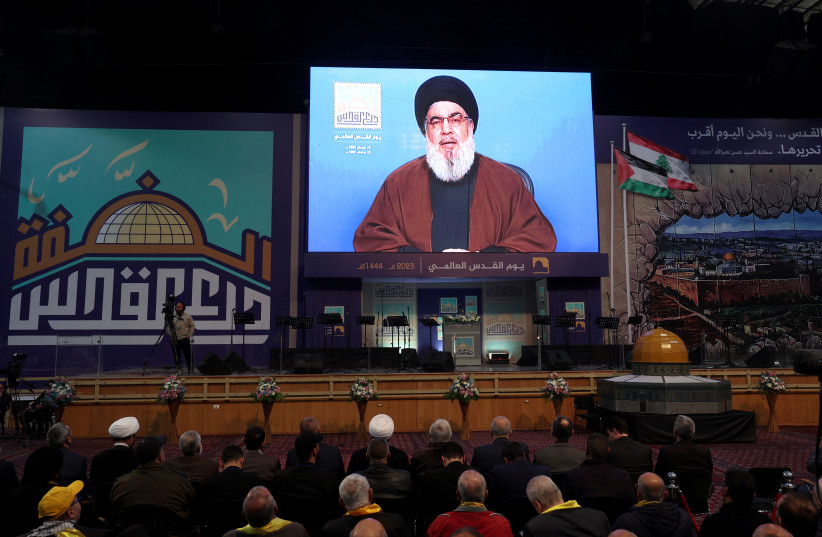Former head of Military Intelligence Maj.-Gen. Amos Malka criticized Prime Minister Benjamin Netanyahu's conduct in Israel's war against Hamas on Thursday morning, saying that "His judgment in the conduct of the war at the moment is flawed and tends towards a blame game and a plan to detach himself from responsibility."
Speaking to 103FM, Malka stated, "If he has the time on the second and third day of the war to deal with whether the commission of inquiry that will be established will be governmental or state, and if he engages in delusional and dangerous tweeting for three hours during the IDF's operation to rescue of Pvt. Ori Megidish - I see that he is not focused on conducting the fighting. He is focused on survival.

<br>What to expect from Nasrallah?<br><br><br><br><br>
When asked about Hezbollah leader Hassan Nasrallah's expected speech on Friday afternoon, Malka stated: "I think that we are waiting less for the outcome than whether it will lead to action afterward. We are currently in a focused fight on the southern front, but we see what happened in the last few weeks on the northern border. We are currently trying to avoid opening a front," he noted.
"I think he will try to make every effort not to get involved in a wider operation," Malka said. "You know that we all take calculated risks, but when we make a mistake in a calculated risk it becomes dangerous. I think he will try to do something that will not drag us into opening the front."
The former head of Military Intelligence was confident, however, that it is not in Iran's interest to allow Hezbollah to declare war on Israel at the current time. "I think that Iran has built these capabilities for Hezbollah for the moment when Iran will need it, and less for paying the price for joining Hamas's operations," Malka said. "My rational considerations - and I assume those of others as well - are that the interest in opening a full front is not high, but never say never."
